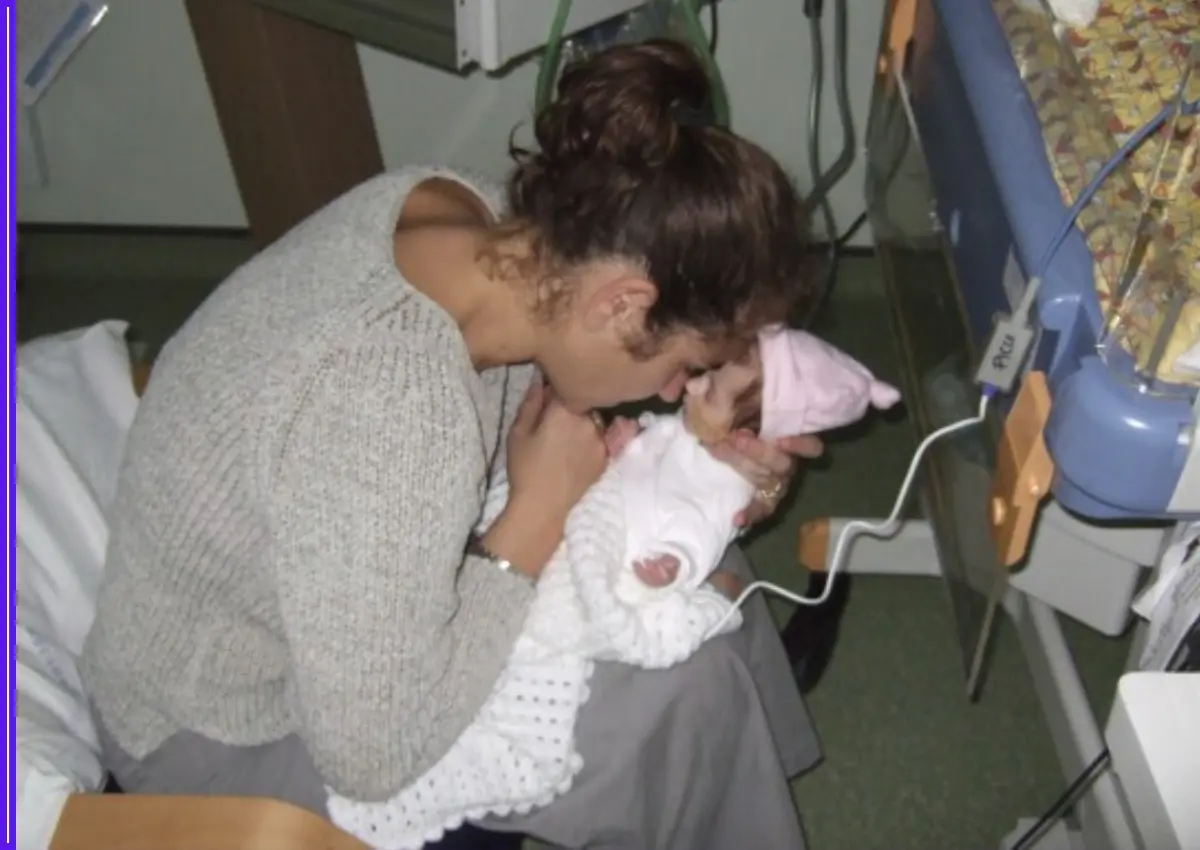Amid growing outrage over the tragic self-immolation of a young student at Fakir Mohan Autonomous College in Balasore, Odisha, the University Grants Commission (UGC) has officially constituted a four-member fact-finding committee to look into the circumstances surrounding the incident. The decision comes days after the death of Soumyashree Bisi, a 20-year-old student who set herself on fire following allegations of harassment by college officials.

The committee is tasked with conducting a comprehensive inquiry into the college’s internal mechanisms, particularly how the institution handled complaints and whether it complied with UGC’s policies regarding sexual harassment and student safety. According to sources, the team will also examine whether the college had an active Internal Complaints Committee (ICC) in line with UGC’s 2015 guidelines.
The panel will be led by Prof. Raj Kumar Mittal, a senior academic affiliated with Guru Gobind Singh Indraprastha University. The other members include Prof. Sushma Yadav, former UGC commission member; Dr. Neerja Gupta, Vice Chancellor of Gujarat University; and Dr. Ashima Mangla, Joint Secretary at the UGC, who will serve as the coordinating officer.
The fact-finding mission will involve campus visits, face-to-face interviews with students, staff, and administrative personnel, as well as a review of records and institutional response protocols. The team is expected to submit its findings to the UGC within seven days, offering recommendations to prevent such incidents in the future.
Soumyashree’s death has shocked Odisha and triggered a wave of protests demanding accountability. Reports indicate that she had previously complained about being mentally harassed by a senior faculty member, Samira Kumar Sahu, who allegedly denied her hall ticket over attendance issues. Witnesses say she attempted self-immolation near the principal’s office, reportedly after her repeated appeals for help were ignored.
She was rushed to AIIMS Bhubaneswar with critical burn injuries but succumbed to her wounds, sparking national attention. The Balasore police have since arrested both the accused professor and college principal Dilip Kumar Ghosh. Both have been booked under charges related to abetment of suicide, criminal intimidation, and harassment.
The UGC’s swift formation of the investigative panel is being seen as a significant move, not just to understand what happened at FM College, but also to evaluate how seriously higher educational institutions are enforcing anti-harassment frameworks. Activists and educationists have long warned that several colleges in the region either lack functioning ICCs or fail to create a safe space for students to report misconduct.
In a brief statement, the UGC said the panel would examine the “institutional response” to Soumyashree’s complaint and ensure accountability is fixed where systems may have failed. The commission added that it is committed to student welfare and would push for stronger safeguards in colleges and universities if necessary.
Meanwhile, several student unions and civil society groups have announced vigils and protests in Balasore, Bhubaneswar, and New Delhi, calling for an overhaul in how student grievances are handled. Many are demanding that the ICC structures across all autonomous colleges be audited to ensure compliance with national guidelines.
This incident has reopened conversations around mental health, gender safety, and institutional apathy in Indian higher education. For students like Soumyashree, who come from small towns and trust their colleges to protect them, this tragedy has become a painful reminder of how fragile that trust can be.
As the UGC panel begins its investigation, there is widespread hope that the outcome will not only deliver justice for Soumyashree but also lead to tangible reforms—so that no student in India ever feels that silence and despair are their only remaining options.





